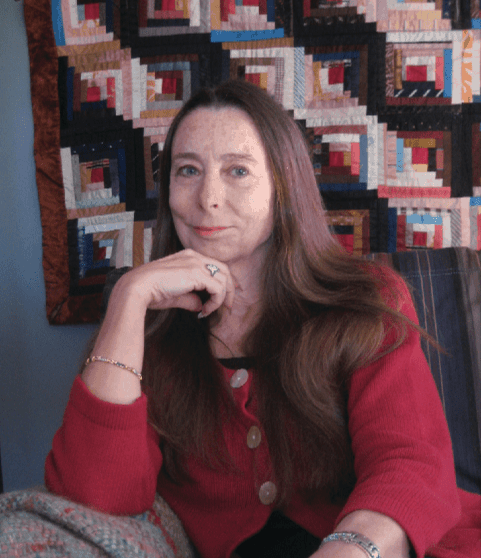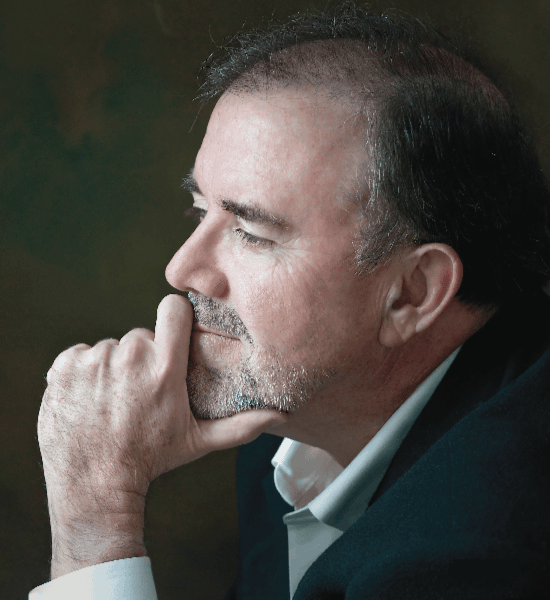BY ALEC HARVEY
PHOTOS COURTESY OF OXFORD CONFERENCE FOR THE BOOK
The Oxford Conference for the Book kicked off with a bang. Literally.
The year was 1993, and the inaugural event had landed some big names, including George Plimpton and William Styron, two founding editors of the esteemed Paris Review.
It was the 40th anniversary of the Paris Review, and to celebrate, a group took Plimpton and Styron to Paris, Miss., for a catfish dinner. The crew included Richard Howorth, founder of Square Books and co-founder (with Ann Abadie) of the conference, as well as 20-year-old Jimmy Thomas, then a Square Books employee and now an associate director of the conference.
“Plimpton was a fireworks buff and the mayor of New York had appointed him New York Fireworks Commissioner, so every year, he was in charge of the fireworks in the New York harbor,” Howorth recalls.
That rainy night, though, he set fireworks off outside a catfish restaurant in Paris, Mississippi.
“We were all under this awning, ducked in the doorway, watching George Plimpton in the rain struggling to get these fireworks lit,” says Thomas. “So I was this 20-year-old kid standing with William Styron, watching George Plimpton light fireworks in the rain. It was kind of surreal.”
That’s just one moment from the Oxford Conference for the Book, which has hosted some of the best and brightest of the literary world. Authors attending have included Barry Hannah, John Grisham, Stephen King, Willie Morris, Larry Brown, Pat Conroy (and his father, the inspiration for “The Great Santini”), Nan Talese, Richard Ford, Lewis Nordan, Ann Patchett, Rick Bragg and hundreds of others.
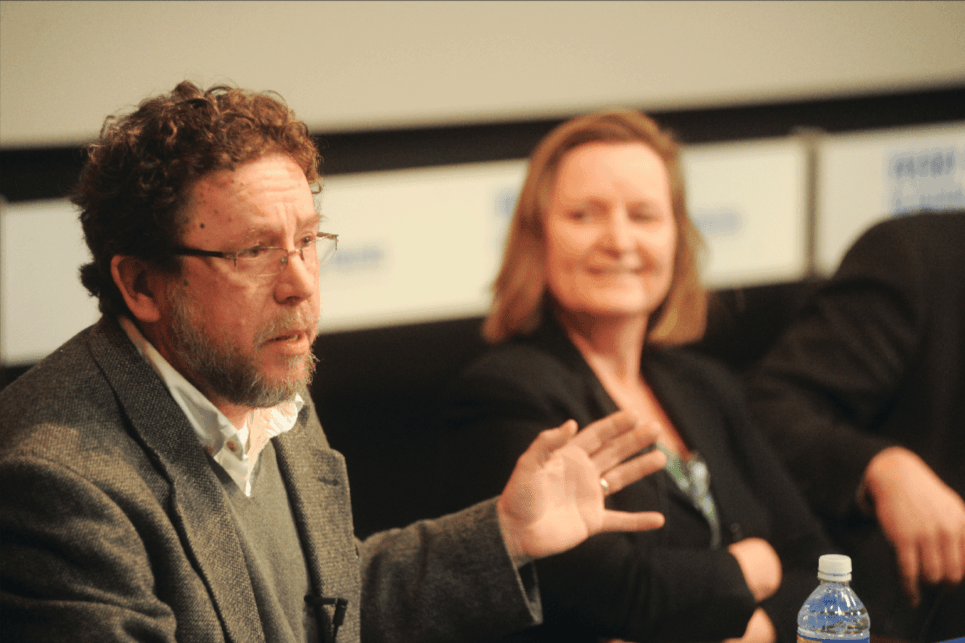
It all started about five years after Howorth mentioned the idea to Ann Abadie, longtime associate director of the Center for the Study of Southern Culture at the University of Mississippi. Abadie, who retired in 2011, had co-founded the Faulkner and Yoknapatawpha Conference, and both she and Howorth recognized the need for a literary event that ventured beyond Faulkner’s world.
Twenty-six years later, it’s still going strong, and this year’s 25th edition (they skipped a year) features Martin Amis, Ann Beattie, Frank X Walker and other Affrilachian poets, John T. Edge, Beth Ann Fennelly, Curtis Wilkie, John A. Farrell and many others. Events, which include panels and book signings, are mostly free.

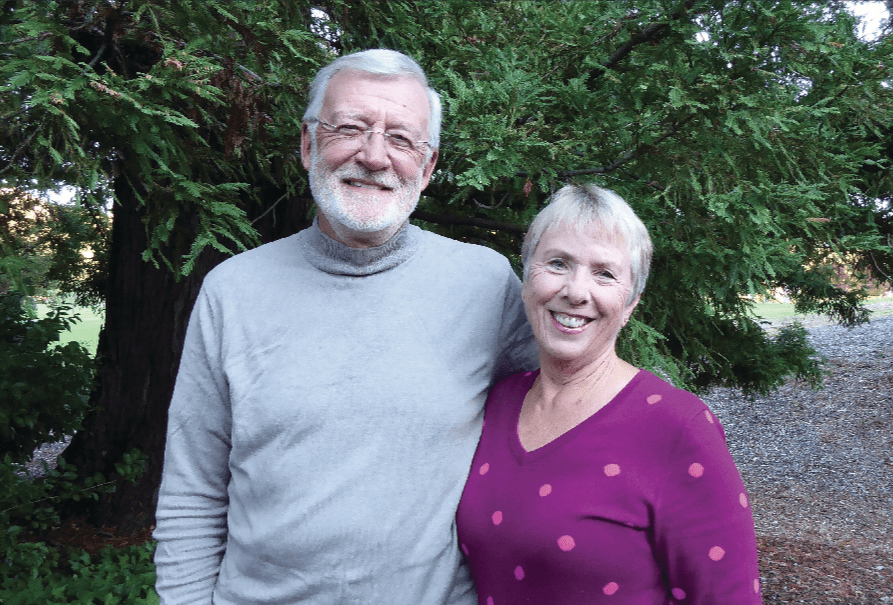
“The popularity of the conference has never really waned,” says Thomas, whose involvement with the conference comes from his association with the Center for the Study of Southern Culture at the University of Mississippi. “Square Books has helped us bring some big-name authors here. Oxford has grown, but it started as a pretty small town but with a huge literary reputation.”
Each year, organizers of the conference are looking for a mix of big names and emerging writers. “We want to have a good mix of people,” Thomas says. “For some, this is their first book or second. We’re looking for new authors, but we’re also looking for some authors with some name recognition. Sometimes, we’ll put them on the same panel and have them in dialogue.”
The conference often also ventures beyond authors.
“We don’t focus just on what’s been written,” Thomas says. “Often times, we talk about the business of publishing. And we’ve had authors in dialogue with their editors and agents. It’s the Oxford Conference ‘for the Book,’ and we look at that broadly – what gets written, how it gets written, how it gets into print.”
Initially, the conference was held on weekends, but Thomas changed that when he came on board a few years ago.
“I’ve moved it back during the week because I want to make sure it’s happening while school is in session,” he says. “I hope the students realize this is an opportunity for them to meet somebody who is doing important work.”
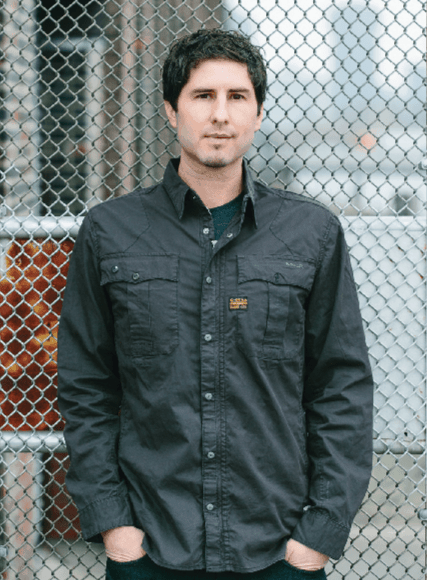
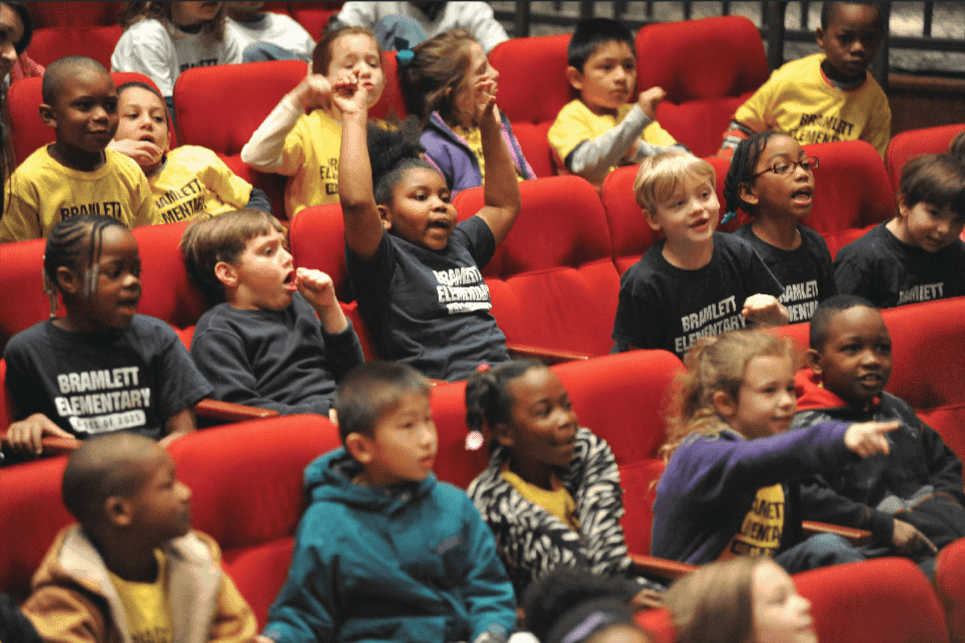
Almost as soon as this year’s conference ends, work will begin on next year’s conference.
“We start looking around in the summer, working with Square Books, because they kind of know what’s on the horizon,” Thomas says. “We start looking who is coming out with new books. We really try to have people whose books are coming out at least within the calendar year prior. We end up with a healthy mix of regional, national and international writers.”
And sometimes there are fireworks, says Howorth, who will never forget George Plimpton’s pyrotechnic show.
“He walked across a cotton field about 100 yards away from us, across the highway from the restaurant,” he says. “There was a king of fog and mist, and he set off a splendid show.
“We’ll probably never top that.”



